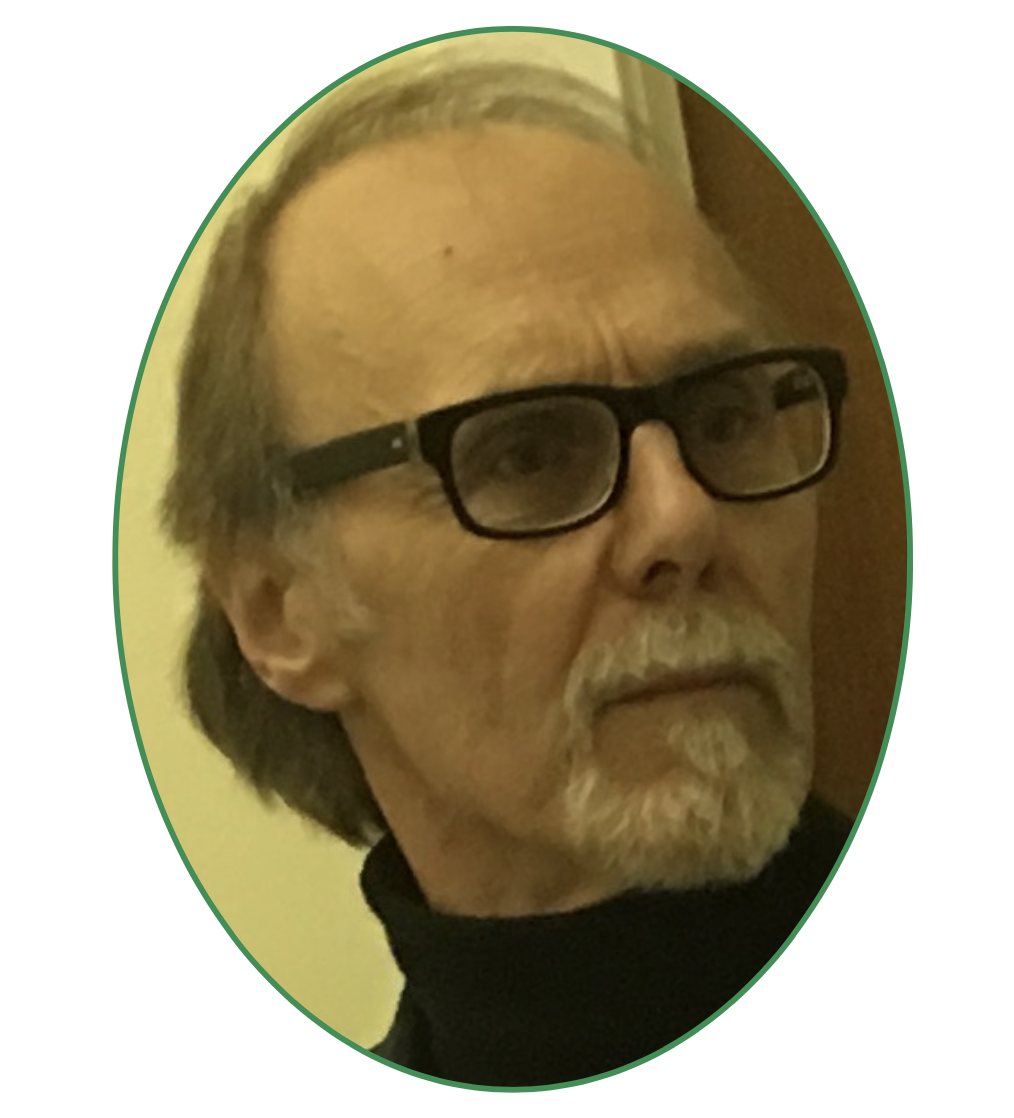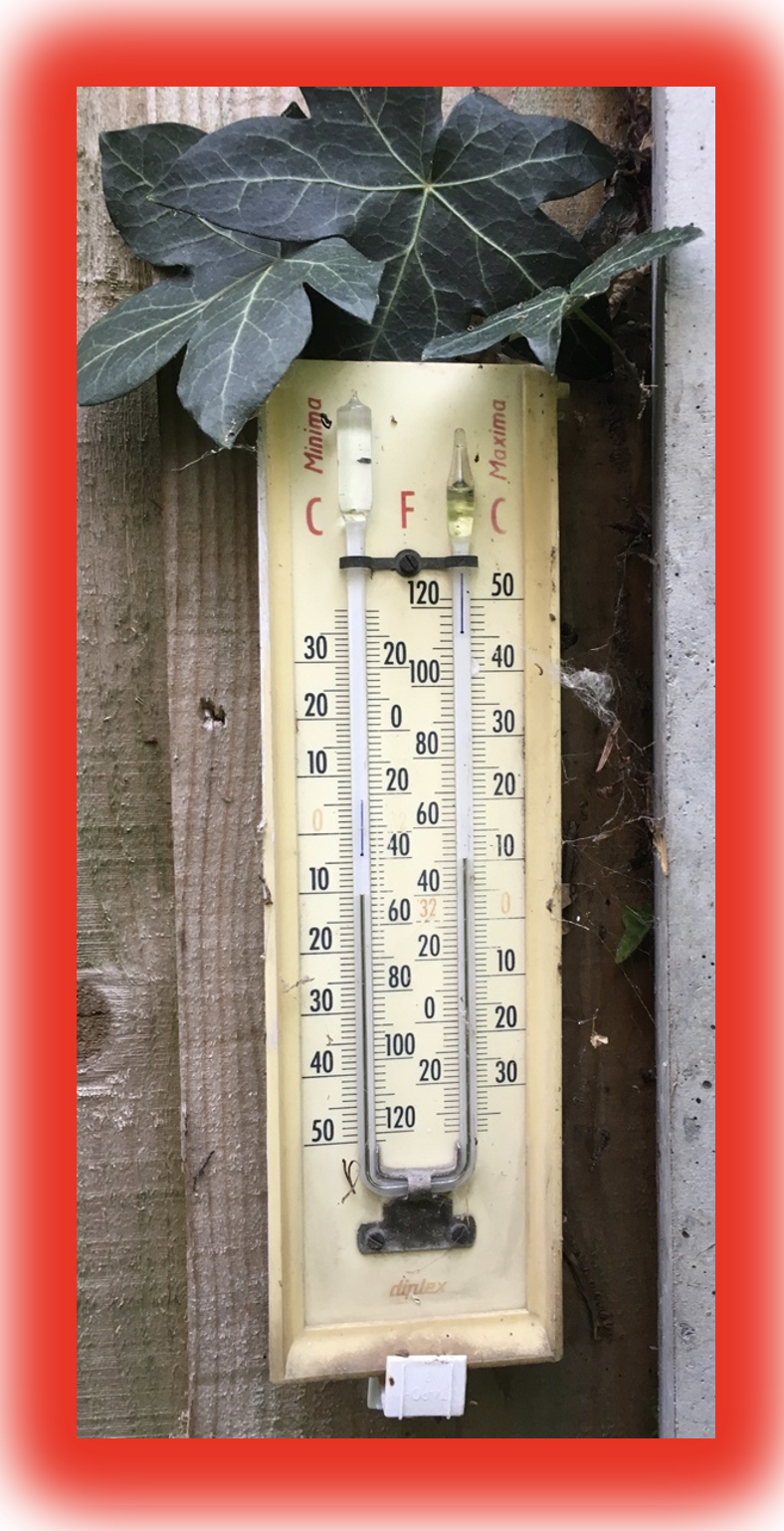COP26 … and beyond
COP26 …. and beyond
Editorial, Kingdom Season, November 2021

It is astonishing to realise that so many people in the developed world still argue variations on the theme that climate change is somehow not happening. Perhaps reinforced by the ease of access to a largely uncontrolled internet, a proliferation of conspiracy theories, fake news, and untrammelled manipulation (increasingly by non-human algorithms) the very nature, even the structure of society is changing. With outside social constraints removed, a solo online engagement between screen and keyboard operator allows for opinions, fancies and initiatives that might otherwise never surface. William Golding writing in the fifties, long before the computerised age, in his ‘Lord of the Flies’[i] well understood the dangers inherent in isolation.
Thus, we find ourselves in a curious new period where social mores are hard to comprehend. The old Puritan period of the 16th and 17th centuries springs to mind, when social and religious upheaval was driven by the then authoritative common source book, namely the Protestant Bible. Shorn of the Apocrypha, it was held as definitive, even if interpretations of its meaning differed widely.
Today’s contrasting ‘woke’ and ‘alt-right’ positions, to name but two of a host of others, also demand much of their adherents. Paradoxically, unlike in the age of the Puritans, any definitive source of the various social injunctions precipitated by them and their like is hard to find. The only commonality is a fluidity of anonymous online interpretation prone to rapid and unpredictable mutation.
Into this heady mix we might drop, the admittedly not new, tendency to political corruption, growing level of autocratic leadership and a lack of accountability or more precisely detachment from the constraints of the ‘will of the people’[ii].
In the circumstances it is something of an achievement that the recent Cop 26 Glasgow gathering produced an agreed statement of intent. True it falls far short of what is actually needed to prevent a disastrous and continuing rise in world temperatures but in the words of the 19th century Otto Von Bismarck “politics is the art of the possible”.[iii]
It is to be sincerely hoped that the three great powers of The United States, The European Union and China may amongst themselves begin to set both a better example in the suppression and discontinuation of the use of fossil fuels, not least the polluting use of coal, and to use their economic power to move others in the same direction. Unfortunately, pious hope of this kind does not adequately address the urgency of the crisis facing our planet and is certainly not helped by disinformation on every side.
Nicholas Henderson
Editor: Anglicanism.org
[i] Lord of the Flies was a 1954 debut novel by Nobel Prize-winning British author William Golding. The book focuses on a group of British boys stranded on an uninhabited island and their disastrous attempt to govern themselves.
[ii] In political philosophy the general will (volonté générale) is the will of the people as a whole. The term was made famous by 18th-century Genevan philosopher Jean- Jacques Rousseau.
[iii] “Politics is the art of the possible, the attainable…the art of the next best.” (Die Politik ist die Lehre vom Möglichen.) This sentence was printed in the newspaper St. Petersburgische Zeitung, on August 11, 1867. Reprinted in Fürst Bismarck: neue Tischgespräche und Interviews, Vol. 1, p. 248, (1895).

